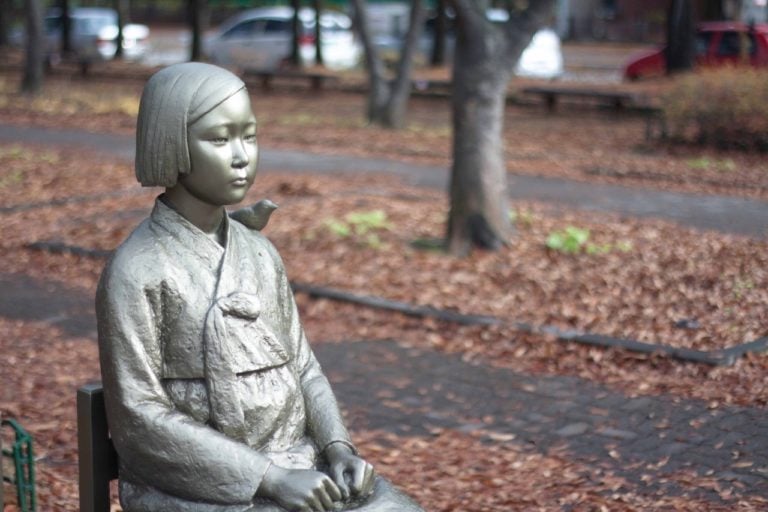(IFJ/IFEX) – The following is a 28 June 2002 IFJ press release: IFJ Condemns Proposed Laws in Japan As “Threat to Press Freedom and Journalism” Leaders of the International Federation of Journalists, the world’s largest journalists’ group, are protesting over the impact of four proposed new laws in Japan which, they say “threaten to compromise […]
(IFJ/IFEX) – The following is a 28 June 2002 IFJ press release:
IFJ Condemns Proposed Laws in Japan As “Threat to Press Freedom and Journalism”
Leaders of the International Federation of Journalists, the world’s largest journalists’ group, are protesting over the impact of four proposed new laws in Japan which, they say “threaten to compromise press freedom and the rights of reporters.”
The IFJ is supporting media unions in Japan who have joined forces with employers’ groups to campaign against the draft laws, three of which – the Human Rights Protection Bill, the Personal Data Protection Bill and the Emergency Security Bill – are currently before parliament. A fourth, to protect young people from sexually harmful and violent images, is under review by government and opposition parties.
“Each of these draft laws contain elements that will make life difficult for journalists and media,” said IFJ General Secretary Aidan White. “Taken together they constitute a menacing package of regulations that could threaten free media.”
The IFJ Executive Committee, meeting in Washington earlier this month, adopted a resolution supporting the campaign of Japanese journalists and media staff. The IFJ warns that new rules that threaten to compromise press freedom will be “damaging to democracy in Japan.”
The Human Rights Protection Bill, while aiming to give citizens the capacity to challenge violations of their rights could be used to stifle investigative journalism, says the IFJ, where it is held to be “excessive reporting” on people’s private lives. “Such provisions could effectively prevent proper public scrutiny of the rich and powerful in society,” said Aidan White.
The Personal Data Protection Bill is also threatening, says the IFJ, because it brings in rules on the gathering and handling of information that will hinder the work of journalists to carry out research and to protect confidentiality of information. “Again this draft could make it difficult to keep the spotlight on the scandals of political life,” said White.
The third draft before parliament, the Emergency Security Bill, raises fears that in emergency conditions the press would lose its independence. “Japan has bitter experience of press controls during the war when people were denied access to information about the progress of the war,” said Aidan White. “Media and journalists are right to insist that citizens must have access to the truth at all times – even when there is a national emergency.”
The details of the fourth bill to protect young people from harmful images are still unclear, but journalists and media employers fear that when it emerges it will contain new rules that further limit free expression in media.
The IFJ says that politicians are taking advantage of recent public concern over intrusive news gathering activities. “Media have responsibilities and they need to maintain standards,” said Aidan White. “But limiting freedom of expression and the exercise of legitimate journalism is no solution to professional difficulties. It will only reduce the capacity for quality journalism in the public interest.”
The IFJ represents more than 500,000 journalists in more than 100 countries.


